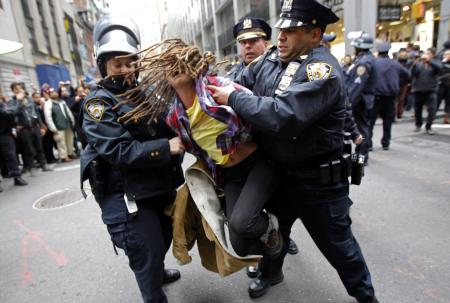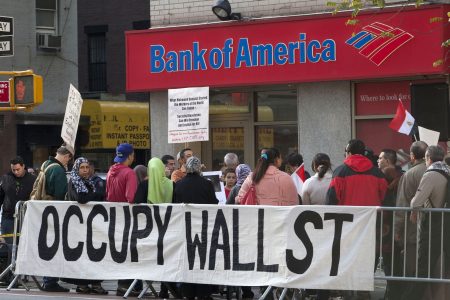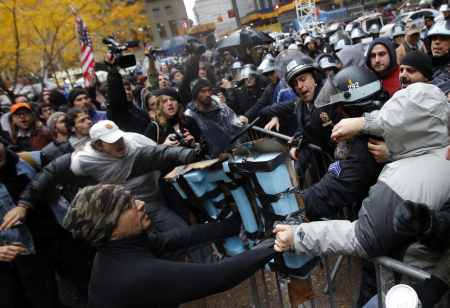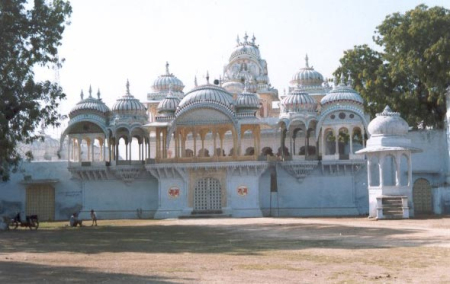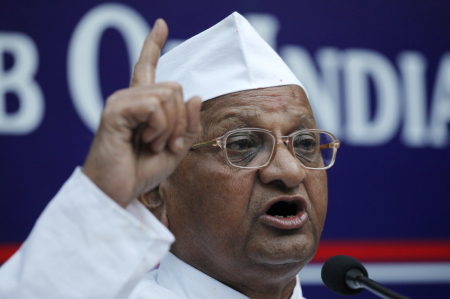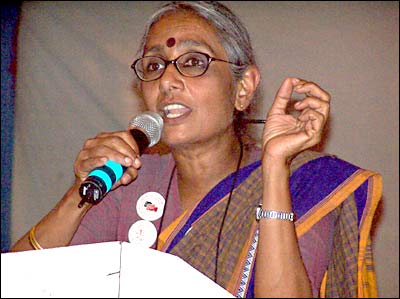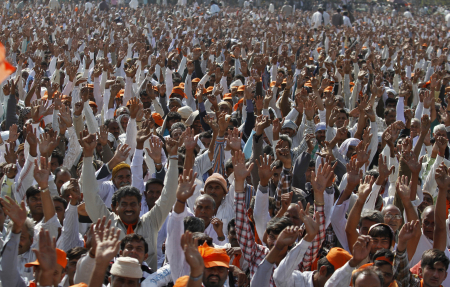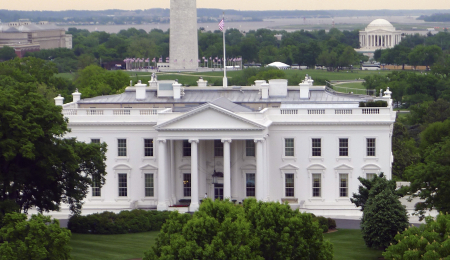 | « Back to article | Print this article |
Little known and mega events will reshape future
As the year 2011 comes to a close we are faced with extremes of hope and despair.
Across the world -- Tunsia, Egypt, Jordan, India, the United States, the United Kingdom and most recently Russia -- protestors have given a clear message of 'enough is enough'.
Even if Time magazine had not chosen the protestor as its Person of the Year, 2011 would have been remembered as the year of protests.
However, it is simultaneously clear that while challenging the mega power of governments and corporations is hard enough, actually changing systems will be still more difficult.
Click NEXT to read more...
Little known and mega events will reshape future
So a variety of organizations and individuals from across the world have come together under the banner of "United for Global Democracy".
In a statement issued in October they called for a "global regime change" that would unseat "undemocratic international institutions" such as the IMF, the WTO, global markets, multinational banks, the G8/G20, the European Central Bank and the UN Security Council.
These institutions, said the statement, control the fate of people across the world and this must stop.
"The citizens of the world must get control over the decisions that influence them... from global to local. That is global democracy. Today we call the citizens of the world: let us globalize Tahrir Square!"
Click NEXT to read more...
Little known and mega events will reshape future
But just how is this demand to be put into action?
It would be cynical to dismiss such protests as a release of steam that won't help to solve the problems.
But it is dangerous to be overly optimistic about what such raw energy can achieve.
Yet the real excitement, that which will shape our future, is between these extremes of despair and hope.
This is where little known activists and professionals are working on a sustained basis in ways that does not make headline news.
In the urban, English-speaking world few have ever heard of 'Diamond India', a Hindi bi-monthly published by the School for Democracy for the last eleven years.
Click NEXT to read more...
Little known and mega events will reshape future
The founder and editor of Diamond India was born into a Dalit family in Bhilwara district of Rajasthan and has been a human rights and democratic rights activist for the last two decades.
Diamond India's mission is a non-sectarian initiative to make India, all of India, shine like a diamond.
For over a decade this magazine has served as a platform for in-depth reporting about and discussions on issues that touch the lives of millions - such as, struggles to get minimum wages, efforts to ensure that the Employment Guarantee Scheme works without corruption and more recently the need for a Lokpal.
Click NEXT to read more...
Little known and mega events will reshape future
Ten years ago this platform played a pivotal role in the Right to Information struggle, including the formulation of the law.
The latest issue of Diamond India takes a wide angle view of how to fight corruption. Its emphasis is not merely on the creation of a Lokpal but the creation of a separate national grievance redress mechanism.
That is because many of the problems that people face, when dealing with government officials, are due to incompetence and inefficiency and not corruption.
Diamond India is also at the forefront of the struggle to demand rapid passage of a law to protect whistle-blowers.
Click NEXT to read more...
Little known and mega events will reshape future
School for Democracy is a low-key effort initiated by the Mazdoor Kisan Shakti Sangathan, an organization of farmers and labourers in the villages of Rajasthan.
Aruna Roy, the Magasaysay Award winning activist who is best known for her pioneering work on Right to Information, is one of the founder members of both MKSS and the School for Democracy.
The mission of the School for Democracy, which is located near the town of Bhilwara, is to serve as a space for both citizens and activists to hone their skills on how to become more effective in fulfilling their role in the democratic process.
Click NEXT to read more...
Little known and mega events will reshape future
That includes both struggles and protests, as well as sustained engagement with the institutions of democracy - from the panchayat to district to state and national level.
At the international level there are initiatives like Including the Excluded in Global Politics - an international network which aims to find ways to ensuring that people who have been left out of power structures are able to participate.
It aims to do this by bringing together activists and officials who have been engaged in such struggles across the world.
A workshop held by this initiative in 2011 noted that there is both 'shallow reform' where people seek to be included in the power structure.
Click NEXT to read more...
Little known and mega events will reshape future
Then there are those who seek a deeper transformation which would alter the very nature of power and how it is held.
The IEGP process has identified the relationship between these two as one of the most critical strategic questions of the future.
Of course, none of these initiatives have a magic formula for immediately making democracy more fully functional and representative.
But the future will be shaped as much by such sustained little-known efforts as by the mega-events of this last year.
